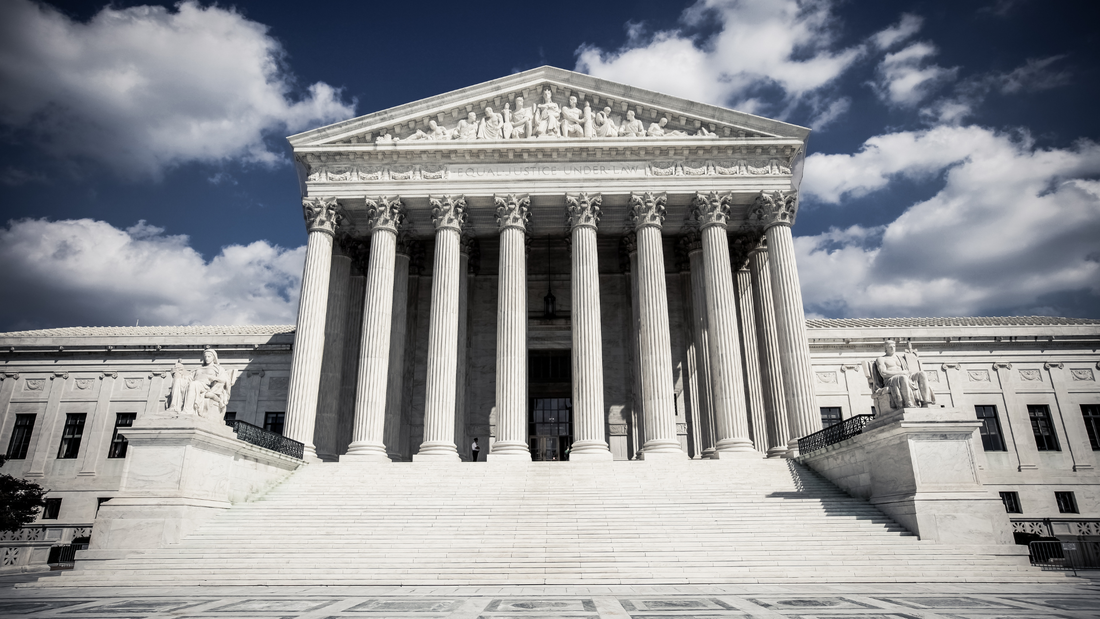|
Is a “special needs exception” to the Fourth Amendment much different from a “community caretaking exception?” PPSA filed a brief before the U.S. Supreme Court demonstrating that it is not.
The U.S. Supreme Court ruled in 2021 in Caniglia that the police acted improperly by entering a man’s home and confiscating his guns under the “community caretaking” doctrine – in which the police are making a “welfare check” rather than acting as law enforcement officers. The High Court saw through this precedent from the 1970s and ruled that supposedly “non-investigative” intrusions into a home are what they seem to be – plain violations of the Fourth Amendment. To the astonishment of many legal observers, the Second Circuit Court of Appeals ignored this unanimous Supreme Court opinion in a nearly identical case. In Torcivia v. Suffolk County, the Second Circuit applied a flexible “special needs exception” to the Fourth Amendment. One familiar example of this exception is when authorities decide that some local requirement, such as curbing drunk driving with spot checks, is necessary. But this case did not involve a car on the highway: it involved warrantless entry into a home and the confiscation of a citizen’s lawfully-owned firearms. The government responded to our petition for the Court to hear Torcivia with the straight-face argument that the community caretaking exception is not the special needs exception. No one claimed it was. But we told the Court that the “logic underlying the special needs exception is indistinguishable from the logic this Court rejected in Caniglia.” Our brief demonstrates to the Court that absent emergency circumstances or consent, if the “government can overcome the warrant requirement that has traditionally protected the home merely by pointing to an interest that the government feels is sufficiently strong, then the Fourth Amendment no longer serves as a meaningful limit on government power.” We added: “Respondents cannot escape that the Second Circuit applied the special needs exception to a seizure of firearms located in the home of a person not on probation or parole. That extension cannot be squared with this Court’s precedents or with the text, history, and tradition of the Fourth Amendment.” Comments are closed.
|
Categories
All
|


 RSS Feed
RSS Feed